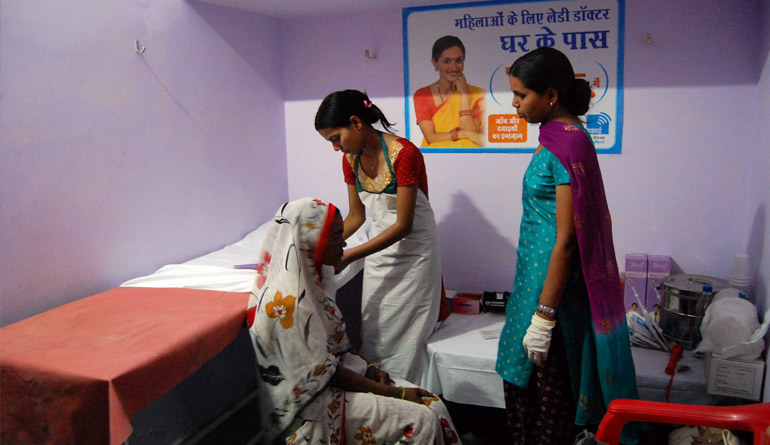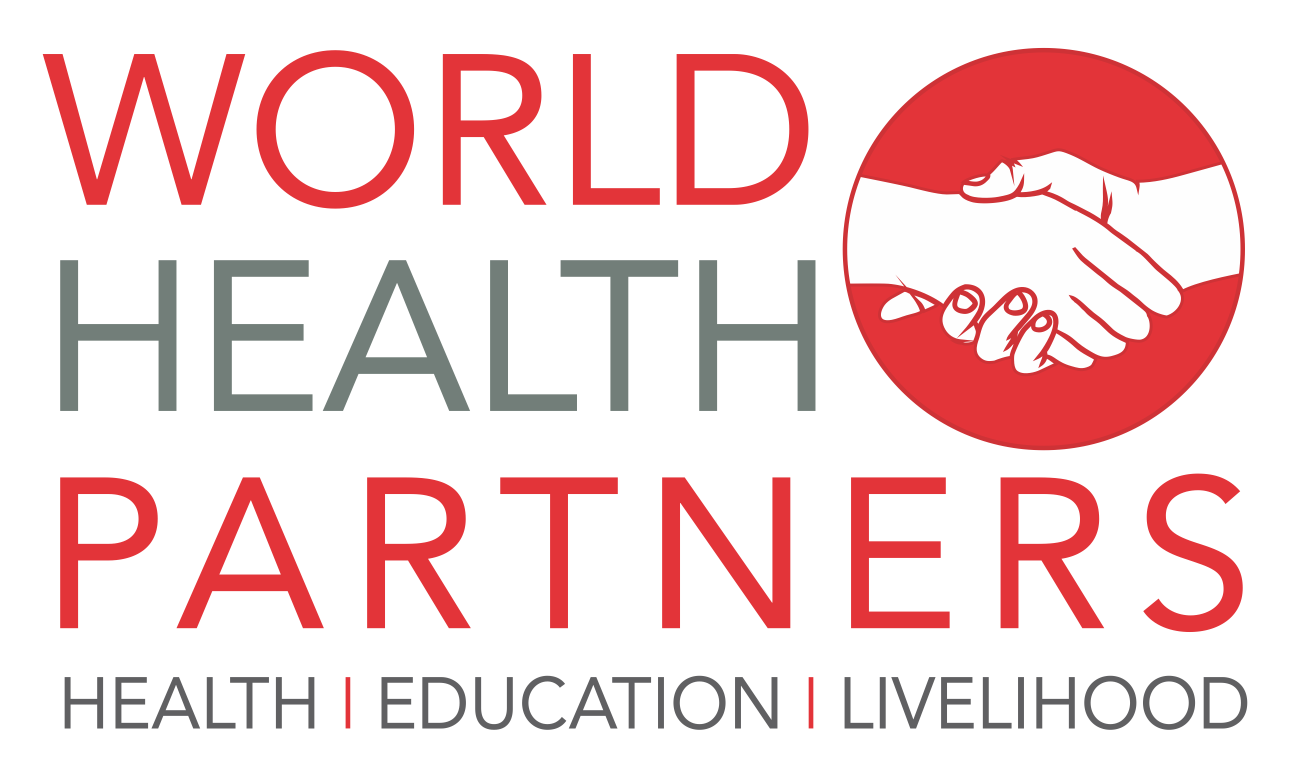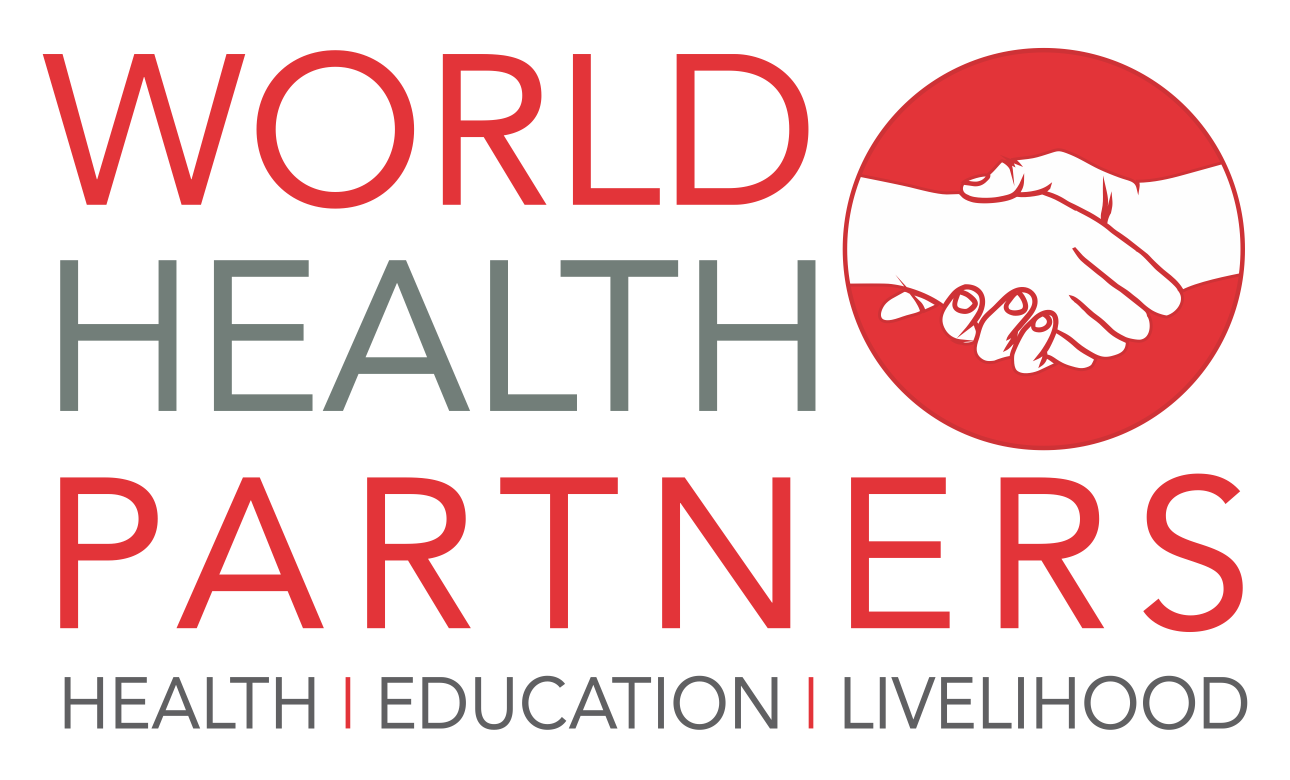FAMILY PLANNING

In February 2020, the Bihar government entered into a contract under which WHP would offer sterilization procedures at the public sector’s medical centers. The government would pay Rs. 2170 ($26) per procedure and will allow WHP to use the equipment and facilities at the primary health centers (PHCs) which form the first level of medical care for rural communities. The project is providing sterilization services in 7 districts (East Champaran, Khagaria, Munger, Muzaffarpur, Samastipur, Siwan and Vaishali). During this period till December 2025, WHP provided 31,402 sterilization procedures.
On similar lines, in March 2022, WHP entered into a contract with Jharkhand government to offer sterilization procedures at designated public health facilities. The government is paying Rs. 2,200 ($27) per procedure at the primary health centers (PHCs) allotted by district authorities. The sterilisation services are provided in 9 districts (Hazaribagh, Koderma, East Singhbhum, Godda, Gumla, Ramgarh, Ranchi, Saraikela and West Singhbhum). Till December 2025, WHP has provided 8,265 sterilization procedures.
WHP is also working with the UP Government for Family planning services in Ayodhya, Barabanki and Gonda districts and has provided 5,388 sterilization procedures till December, 2025.
WHP welcomes the opportunity to collaborate to implement this commitment.
Partner with Us

